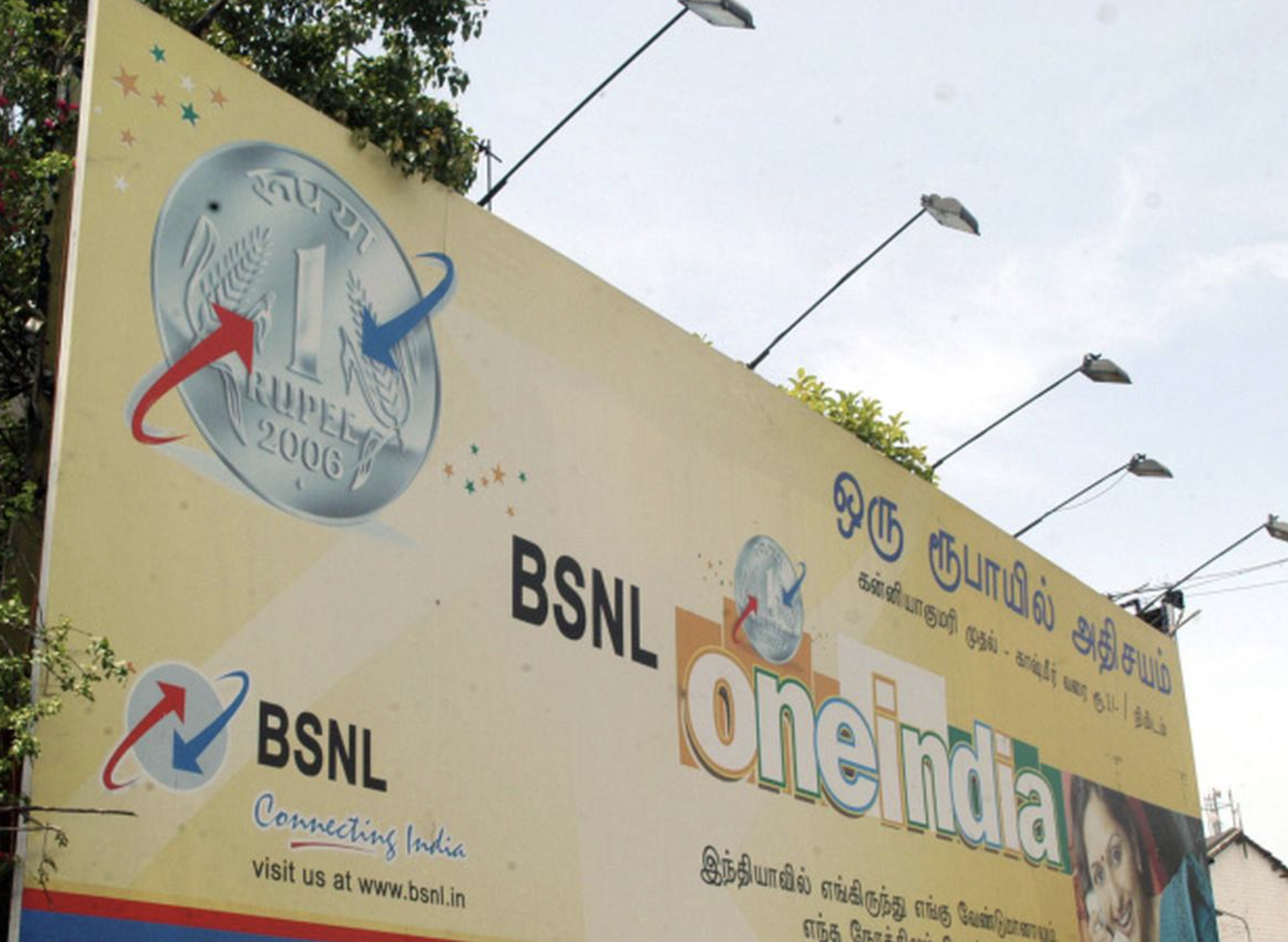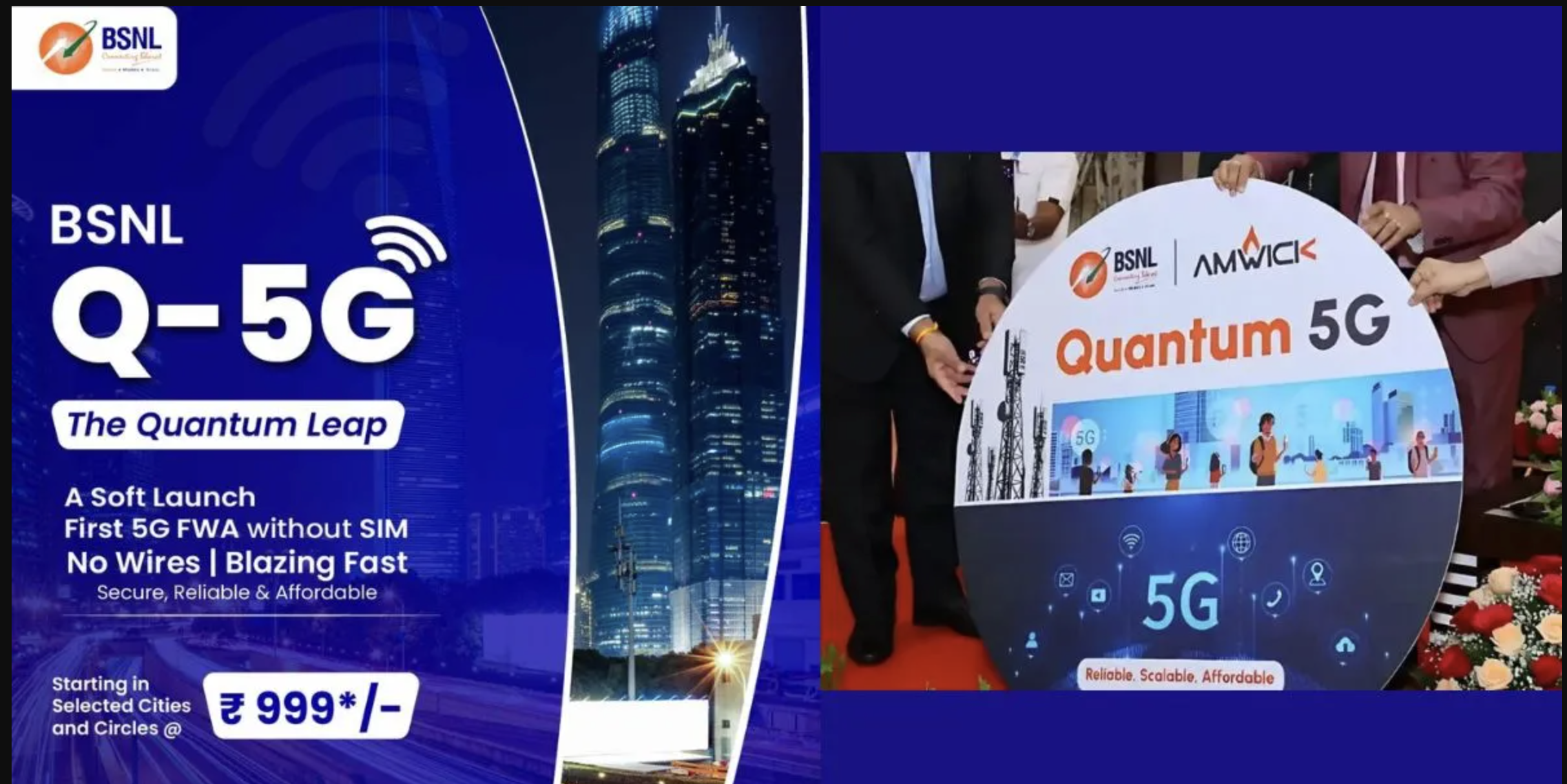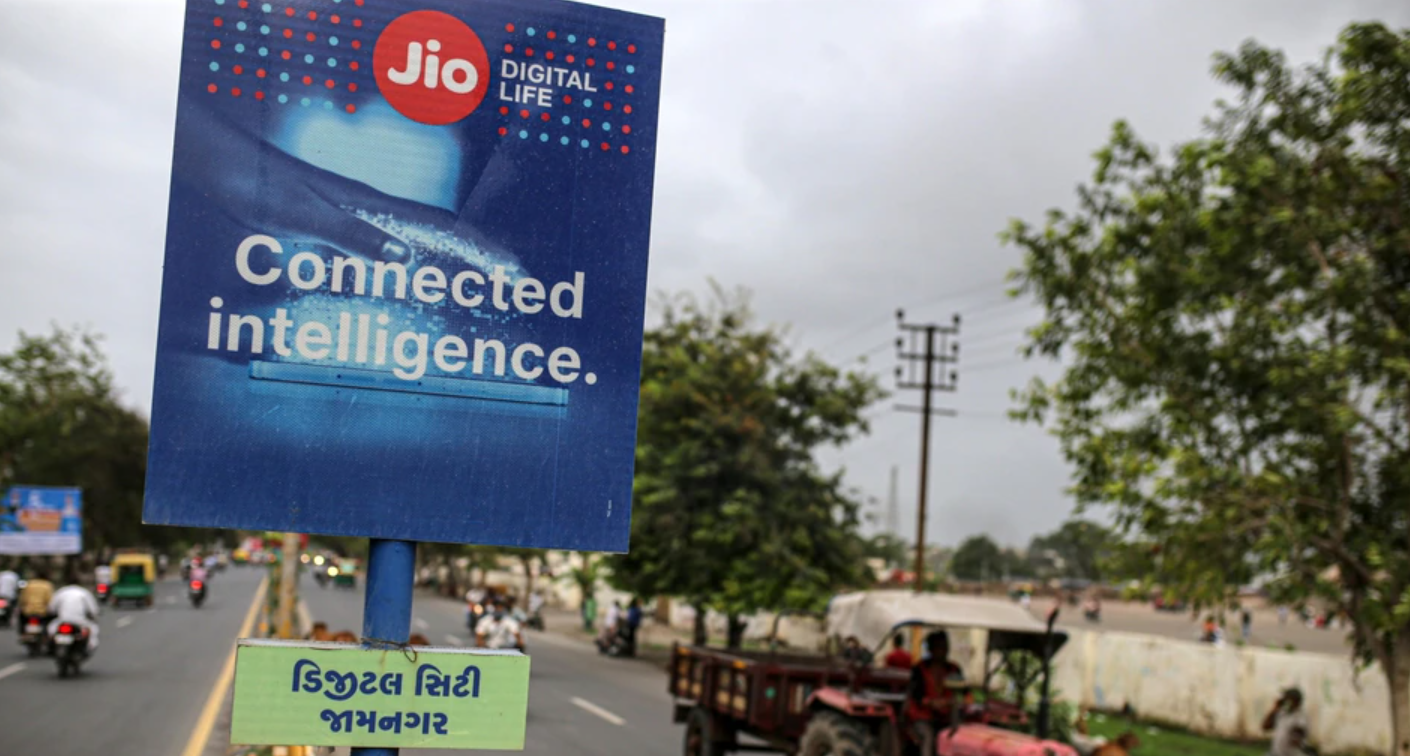In order to address the increasing SIM swap fraud in the country, the Telecom Regulatory Authority of India has recently announced some changes to its mobile number portability (MNP) rules which are expected to reduce these kinds of incidents gradually.

TRAI Issued New Guidelines For MNP
As per these new rules, the users who have had to replace their SIM card due to theft or damage and have purchased a new SIM card are not allowed to port their number to another SIM card within the next 7 days.
According to TRAI, the new regulations were made considering the suggestions from the Department of Telecommunications (DoT) and consulting with the various stakeholders.
The new rules will be applicable from July 1 onwards, said the telecom regulator.
“These amendment regulations are aimed at curbing the practice of porting of mobile numbers by way of fraudulent SIM swap or replacement by unscrupulous elements,” TRAI said while explaining the idea behind the modifications to the portability rules.
Besides this, TRAI has also added additional criteria of security by forbidding the telecom operators from issuing rs from issuing a “unique porting code” (UPC) before the expiration of seven days of SIM swap for replacement.
Why Would This Happen?
For the unaware, UPC is the first step in the mobile number portability process.
As part of this process, the users send a message to their current telecom operator and get an 8 digit code.
So far, TRAI did not delve into the details of how the current system was being manipulated by the fraudsters.
But we can not deny the claims from multiple reports.
According to these findings, most SIM swapping frauds occur during mobile number portability and new SIM procedures.
With the Mobile Number Portability facility, users can switch to a different telecom operator regardless of their geographical location in case they are not satisfied with their current operator.
It appears that the scamsters are using the current MNP guidelines to their advantage, this is why TRAI prompted the recent changes.













